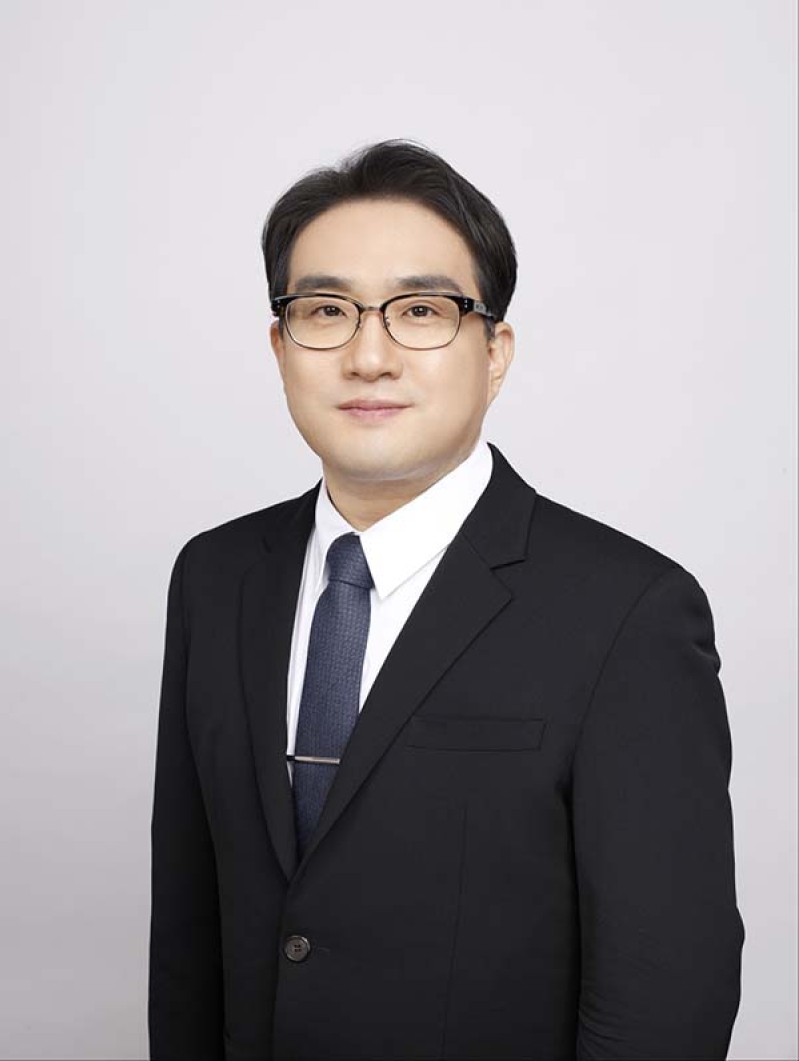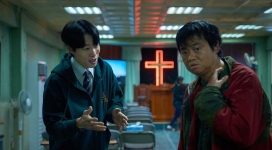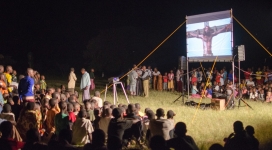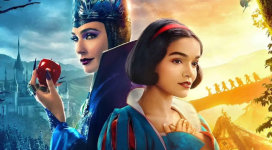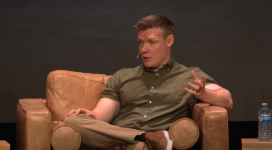
Netflix’s original drama, The Trauma Code: Heroes on Call released on January 24, is a media-mix adaptation of the web novel and webtoon of the same name. The series follows the story of an outstandingly skilled and morally upright surgeon, Baek Kang-hyuk (played by Ju Ji-hoon), in an epic medical drama.
The original web novel, The Trauma Code: Heroes on Call, was written by ENT specialist Dr. Lee Nak-joon (pen name Hansan Lee). His expertise has enabled him to produce medically accurate and well-researched works. The novel, and now the drama, is reportedly inspired by the real-life experiences of Dr. Lee Guk-jong, a renowned trauma surgeon and the current director of the Armed Forces Daejeon Hospital. The story sheds light on the internal conflicts within large hospitals, where severe trauma centers are often seen as financial burdens.
At the heart of the drama is Baek Kang-hyuk’s battle against hospital bureaucracy and power struggles while maintaining his commitment to saving lives. His character embodies the archetype of the righteous underdog, whose unwavering ethical values challenge societal injustices, delivering a cathartic experience to viewers.
A Doctor’s Ethical Compass: Faith as a Source of Responsibility and Conscience
The protagonist and his fellow doctors display an almost superhuman sense of justice and medical excellence. While such characters may not exist in reality, the drama resonates with audiences due to three key elements common to medical dramas:
-
Ethical Dilemmas – Physicians face difficult decisions regarding treatments and surgeries, often entangled with institutional politics and bureaucratic constraints. These conflicts evoke deep emotions and highlight the harsh realities of the medical field.
-
The Universality of Health and Illness – Stories of life and death naturally captivate audiences, making medical dramas compelling.
-
Fascination with Medical Expertise – The portrayal of intricate medical procedures and knowledge stimulates curiosity and provides an educational experience.
Among these, particularly emphasizes ethical dilemmas. Baek Kang-hyuk is driven by an almost obsessive commitment to treating critical trauma patients, rooted in his childhood trauma—his father, a sanitation worker, died after multiple hospitals refused him treatment. This event fuels Baek’s relentless determination, yet he constantly clashes with a medical system that prioritizes profit and status over patient care.
The tension between medical ethics and real-world limitations is a fundamental issue for all doctors, regardless of cultural or geographical background. Medical ethics often stem from deeply ingrained religious beliefs. While does not explicitly present a religious message, it is noteworthy that the original author, Dr. Lee Nak-joon, is the son of a Protestant pastor and has maintained a strong Christian faith throughout his life. In a Christian broadcast interview, he credited God’s guidance for his journey as both a doctor and a writer.
Given this background, one could argue that the strong ethical values embodied by the drama’s characters reflect a Christian moral conscience inherent in the medical profession. The unwavering dedication of Baek Kang-hyuk and his colleagues mirrors the self-sacrificial efforts of Christian medical missionaries and humanitarian doctors who serve in underprivileged areas, risking everything to save lives.
While the drama does not overtly highlight religious themes, its portrayal of unwavering medical commitment and ethical duty subtly resonates with the spirit of Christian faith-driven service.
* The article is a translated version of the column written by Th.M. of Yonsei university, Park Wook-joo in Christian Today.
